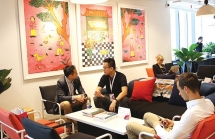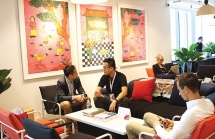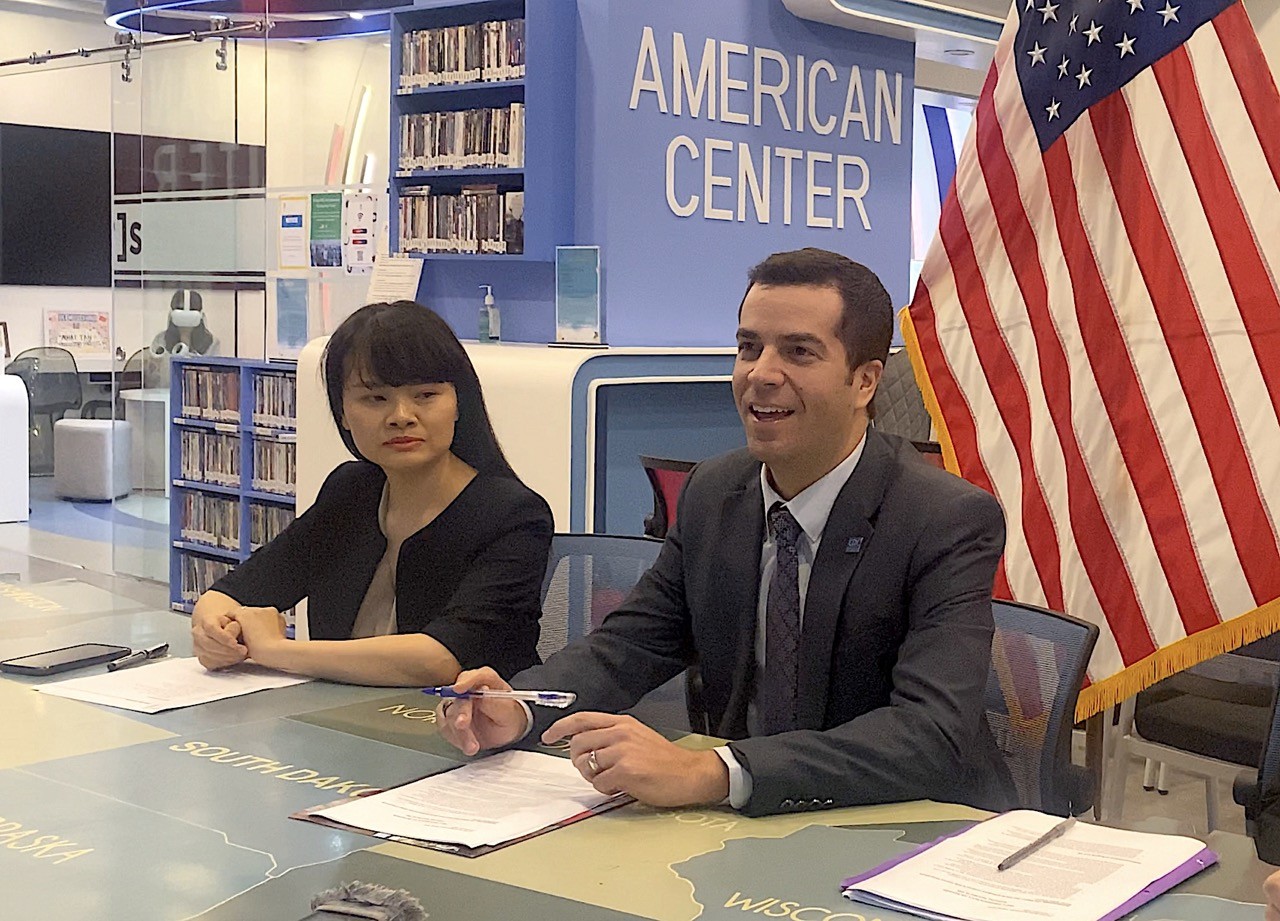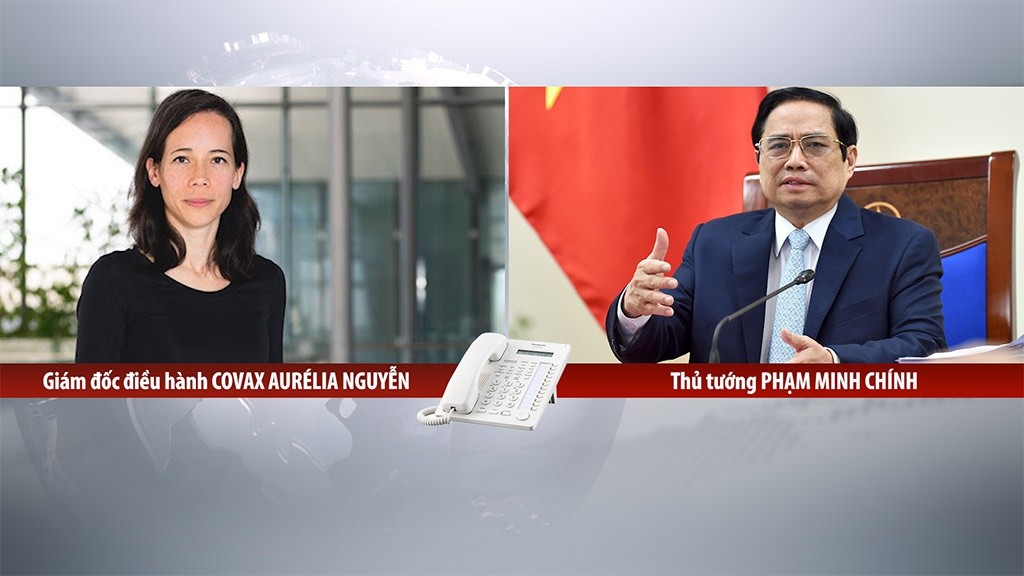Work remotely: 3 ways to spend your extra free time more effectively
| Vietnam: Flexible offices rise amid Covid-19 pandemic | |
| The pandemic season opportunely creates flexible work to swifters | |
| Work at home amid coronavirus outbreak: Top 10 tips to be happy |
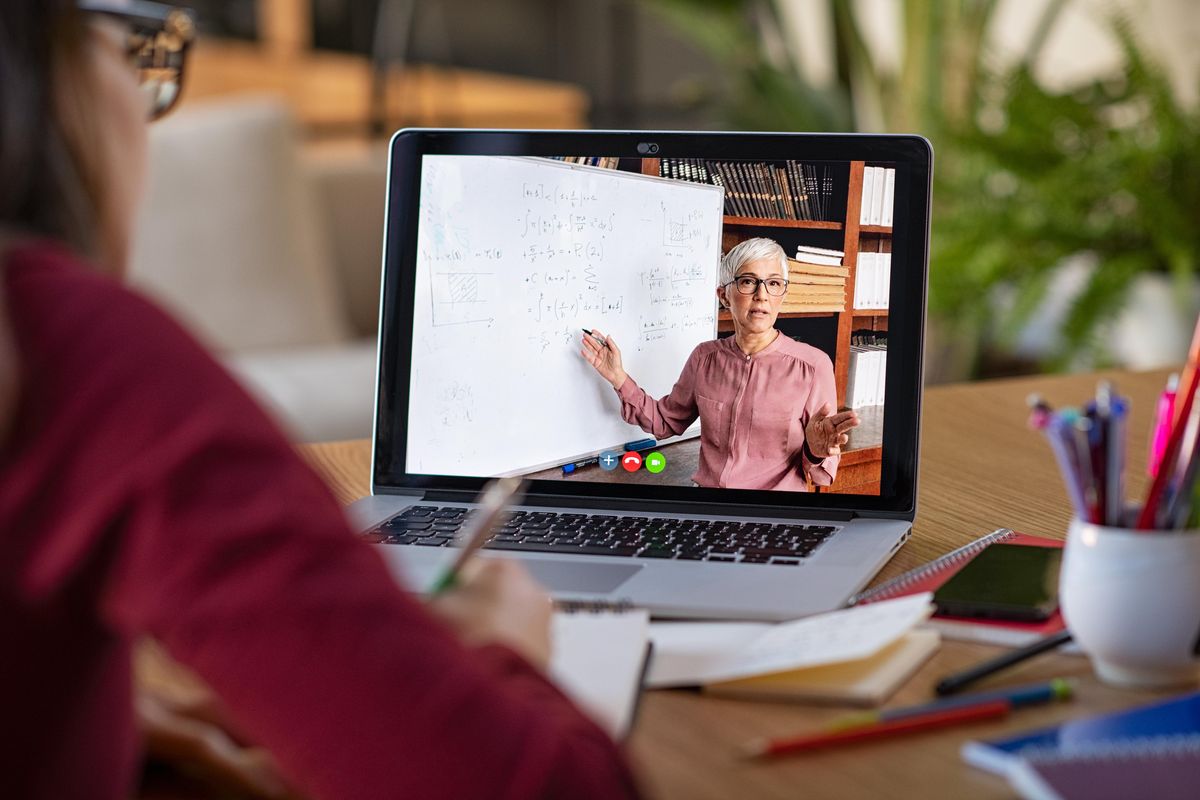 |
| The remote worker can use extra time refine their employable skillset |
1. Sharpening the Saw
In The 7 Habits of Highly Effective People, Stephen Covey writes, "To keep progressing, we must learn, commit, and do—learn, commit, and do—and learn, commit, and do again."
If you've worked within a discipline for years, it can still reveal fresh nuances, to say nothing of the demands emerging technologies and marketplace trends impose.
After all, mastery takes ten years or longer, which is far more than the duration of a degree. If you've more free time before or after work, catch-up on professional development reading or complete that online course on your to-do list.
Covey's metaphor of sharpening the saw also refers to improving the body. After all, working effectively is difficult without good health and energy.
Getting to the gym isn't possible everywhere at the moment. Take heart from this Frenchman who ran a marathon on a 7-meter balcony while on lockdown. That's an extreme example, but apps like Nike Training Club can help you maintain physical fitness while working at home.
2. Remote Communication
Checking in regularly with colleagues, a boss or clients is more important than ever for the remote worker. Customers and clients need to feel reassured about what level of service they can expect. Employees want to know they have a job or an employer who cares. That said, a fine line exists between checking in and micromanaging.
Understanding email etiquette can help leaders stay on the right side of that line. Short, succinct emails are ideal for summarizing conversations, following up and obtaining information. Long-rambling CC’d email discussions with many people are confusing time-sinks that detract from valuable work.
These days, effective communication also means becoming more comfortable with video-conferencing. If you're leading a team, consider setting up daily or weekly office hours using apps like Zoom. Team members can get together virtually and talk about their challenges informally. A fifteen-minute video-conference can also clear the air quicker than a long email trail.
| If you're new to videoconferencing, remember to speak slower than normal, use other people's names more frequently and dress for the occasion. Record important videoconferences for colleagues in different time zones too. And, if you're presenting often, invest in a good mic. |
3. Meditation or Mindfulness
Productivity tools and systems are useful. However, a meditation teacher told me they represent the outer stroke; they help you progress in the world.
Meditation, on the other hand, represents the inner stroke. It's for finding balance within. I am not an expert, but this practice helps me balance anxiety about current events with working from home.
In Catching the Big Fish, David Lynch recounts his experience with meditation and how he incorporates it into a daily routine. He writes:
| “Ideas are like fish. If you want to catch little fish, you can stay in the shallow water. But if you want to catch the big fish, you’ve got to go deeper. Down deep, the fish are more powerful and more pure. They’re huge and abstract. And they’re very beautiful.” |
Perhaps you're not engaged in directly creative work like Lynch. Your team colleagues are still likely to pick up subtle hints from a stressed leader.
Consider incorporating a short mindfulness routine at the start or end of your workday. The former could help you to focus, and the latter to decompress after a stressful day.
However you feel about remote working, it represents the new norm for many of us right now. So take advantage of the extra time.
 | Oversea repatriate spends quarantined time innovatively teaching free English online class Le Vu Anh Thu, 20, spends her time in centralized isolation offering free online English class to 1-12 graders. Her two-week-long quarantined in An Thi ... |
 | Vietnam wins praise over Covid-19 combat with limited resources Financial Times has published an article analyzing some positive aspects of the Vietnamese Government in Covid-19 offensive, especially the low-cost model, which focuses on quarantines ... |
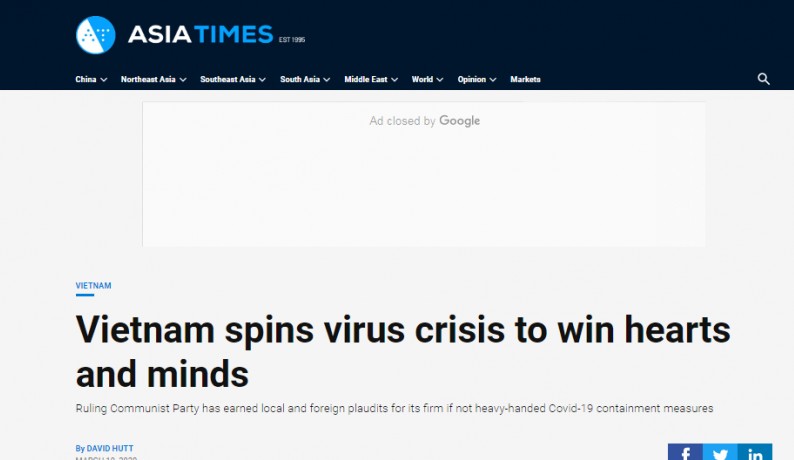 | 'Vietnam spins virus crisis touching people's hearts and minds', Asia Times lauds Hong Kong-based Asia Times rencently lauded Vietnam’s Covid-19 containment efforts, saying the country is touting its quick, effective and uncharacteristically transparent management to win citizens’ ... |
Recommended
 Handbook
Handbook
Vietnam Moves Up 8 Places In World Happiness Index
 Handbook
Handbook
Travelling Vietnam Through French Artist's Children Book
 Multimedia
Multimedia
Vietnamese Turmeric Fish among Best Asian Dishes: TasteAtlas
 Handbook
Handbook
From Lost to Found: German Tourist Thanks Vietnamese Police for Returning His Bag
 Handbook
Handbook
Prediction and Resolution for the Disasters of Humanity
 Handbook
Handbook
16 French Films To Be Shown For Free During Tet Holiday In Vietnam
 Handbook
Handbook
Unique Cultural and Religious Activities to Welcome Year of the Snake
 Handbook
Handbook

